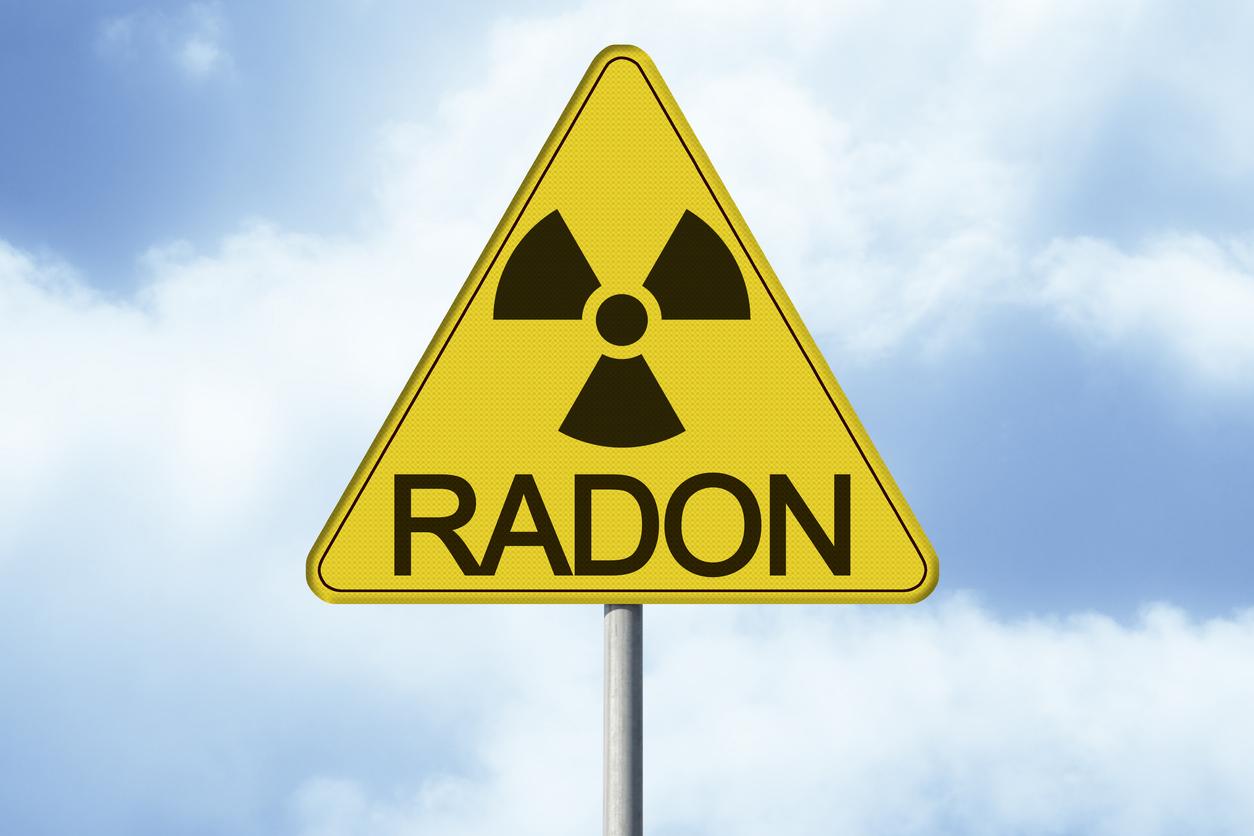The risk of venous thrombosis and pulmonary embolism is higher for people with cancer. Researchers at the University of Warwick show that a simple oral treatment can reduce it.

About one in five people with cancer have had a deep vein thrombosis or pulmonary embolism. These people indeed have a bleeding disorder due to cancer and a higher risk of developing a blood clot. This clot can be responsible for phlebitis and, if it migrates, for pulmonary embolism.
Until now, some patients received anticoagulant treatment by injection, heparin being the only treatment to have demonstrated efficacy in prevention, but English researchers show that an anti-Xa type anticoagulant drug, taken as a single daily tablet, would be equally effective. And this is not the first study to demonstrate the effectiveness of this class. The study is published in the Journal of Clinical Oncology.
Rivaroxaban, effective when taken daily
British scientists have tested the effectiveness of rivaroxaban, an oral anti-Xa drug in tablet form. 406 people participated in the study, all of them had cancer and had previously had a blood clot.
Half received the oral treatment daily, the other half the standard treatment: heparin in one injection per day. Among the first, after six months, only 4% had a recurrence, they were 11% in the heparin group.
Cancer, a risk factor for thrombosis
People with cancer are more likely to be affected by venous thrombosis or pulmonary embolism for several reasons.
First, immobility: if these people have to stay in bed, it increases the risk of a blood clot forming. Also, certain tumors (of the pancreas and the stomach) can modify coagulation and thus influence the appearance of clots. Finally, chemotherapy can also be a risk factor.
In France, each year, pulmonary embolism and venous thrombosis are responsible for 10 to 20,000 deaths.


.

















